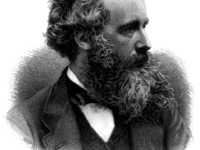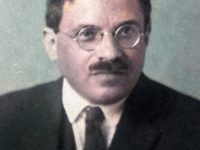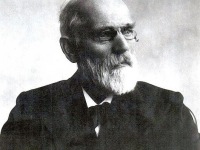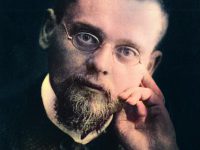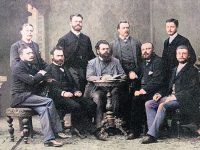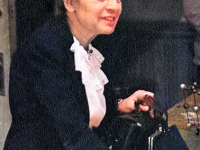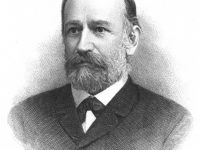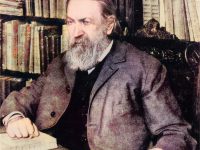Walther Nernst and the third Law of Thermodynamics
On June 25, 1864, German physicist Walther Hermann Nernst was born. One of the founders of modern physical chemistry he is best known for his theories behind the calculation of chemical affinity as embodied in the third law of thermodynamics, for which he won the 1920 Nobel Prize in chemistry. Nernst contributed to electrochemistry, thermodynamics and solid state physics. He is also known for developing the Nernst equation. “No effect that requires…
Read more


